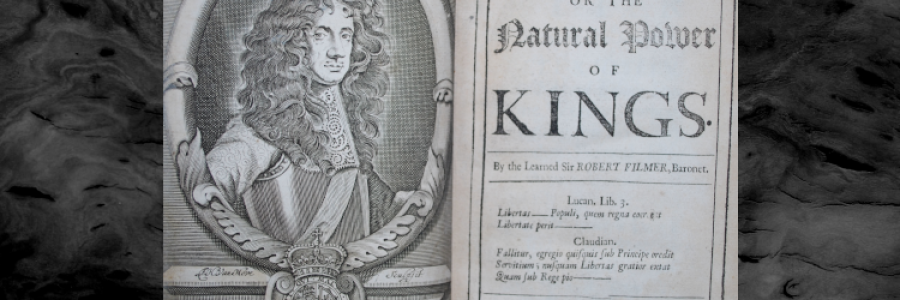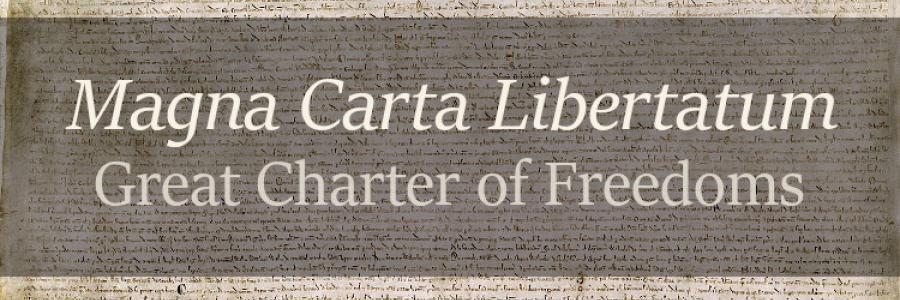God Is Never Absent: Omnipresence
Body
“[T]he angels and demons are also spirits, but they are not omnipresent. This is because God is the infinite Spirit, that is, His ‘spiritness’ is infinite; it’s not bound by physical space because He is not physical and is not bound by physical realities or created dimensions.” - Ref21




Discussion